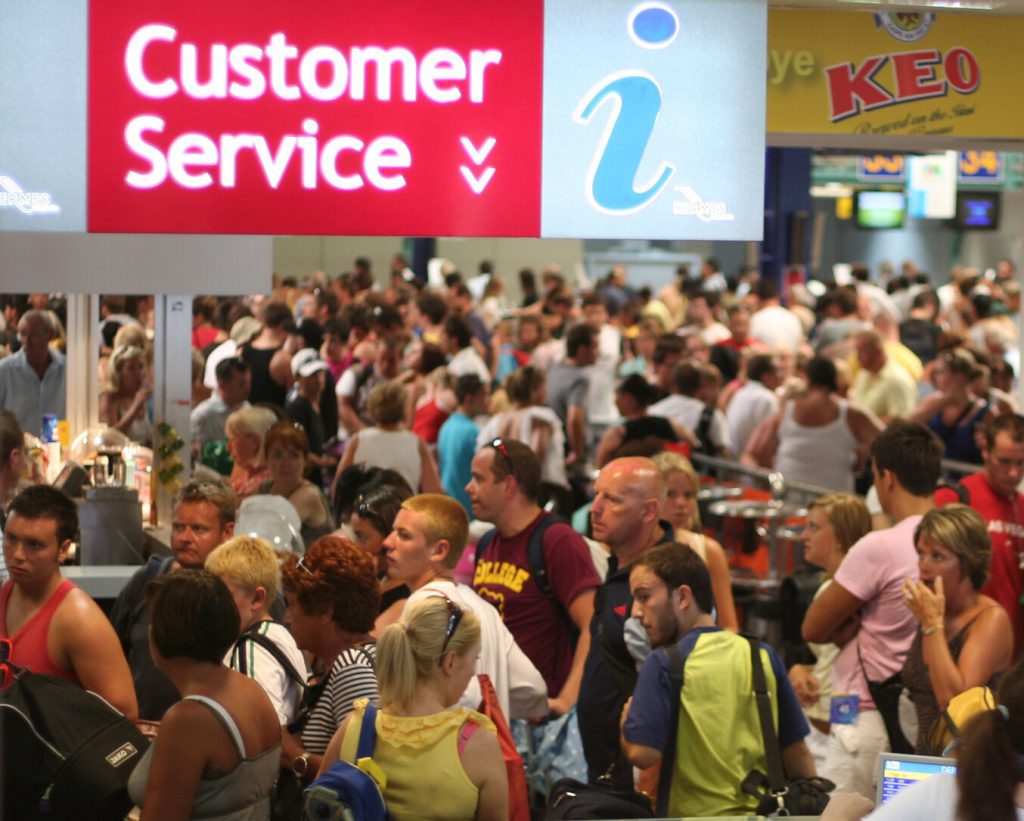Staffing problems in the hospitality industry continue to linger. Now, two countries are aiming to amend visa regulations to counter them.
A petition has been launched in the UK that seeks to allow European Union nationals to come to the UK to work in hospitality for up to two years.
“The government should create a special visa for people from the EU countries to come to the UK to work in the hospitality industry for a period of up to 2 years, similar to the Seasonal Work visa for horticulture workers. Some countries have visas like this to support the hospitality sector,” the petition says.
“There is a massive shortage of qualified labour in the UK to fill vacancies that were in many cases previously filled by EU staff. For years people from the EU countries were the backbone of the hospitality industry and many were affected by COVID and subsequently by Brexit’s final terms. Many restaurants are struggling to find people with experience and willingness to work.”
As of Sept. 2 it had secured more than 16,400 signatures. Once a petition reaches 10,000 the UK government is obliged to respond. At 100,000 signatures, the topic is considered for debate in Parliament.
The UK left the European Union on 31 Jan. 2020, with free movement between the UK and the European Union ending on 1 Jan. 2021, when a new points-based immigration process was set up that is far more restrictive than before Brexit.
Brexit is being blamed for many things, but staff shortages seem to be the biggest bugbear.
“Supplier labor will continue to be an issue,” Ryanair boss Michael O’Leary said in May this year. “The UK will continue to be very challenged. The labor market is very inflexible post Brexit. You can’t bring in young Europeans.”
Portugal, meanwhile, is to speed up the time it takes to grant visas to citizens of other Portuguese-speaking countries, including Angola and Brazil, according to reports.
The other countries in the Community of Portuguese language countries are East Timor, Cape Verde, Guinea-Bissau, Equatorial Guinea, Mozambique and Sao Tome and Principe.
Immigrants from these countries have had to get a visa if they plan to stay in Portugal for more than 90 days, Reuters reported, and often have to wait many months to get visa approval.
Employers’ confederations have said there are no workers available in key sectors such as hotels, agriculture and construction.
